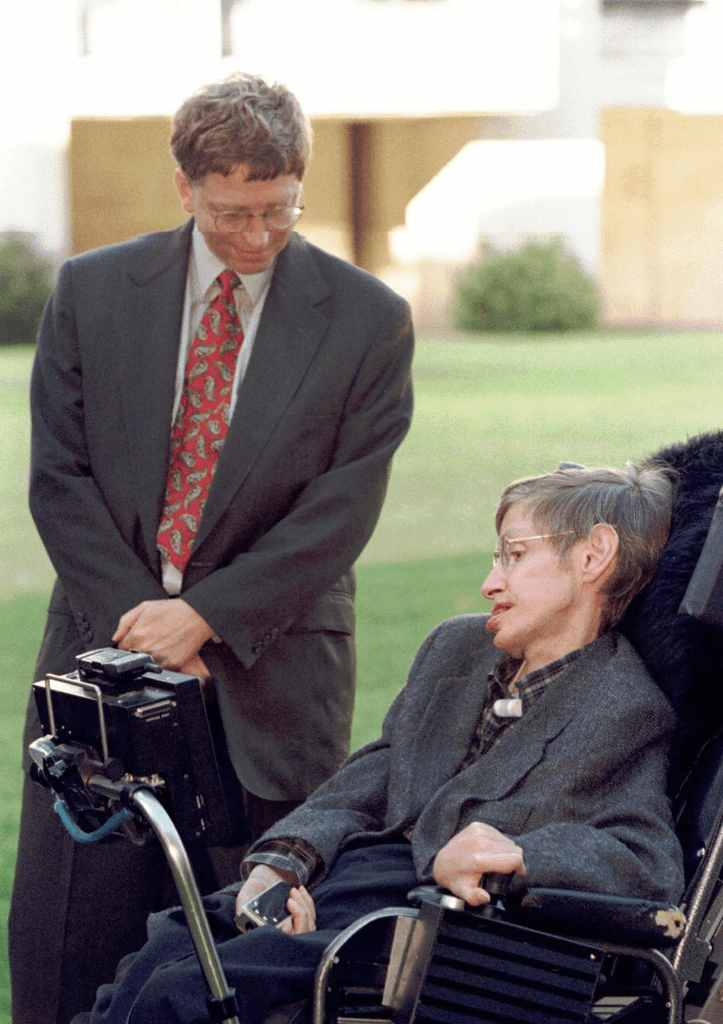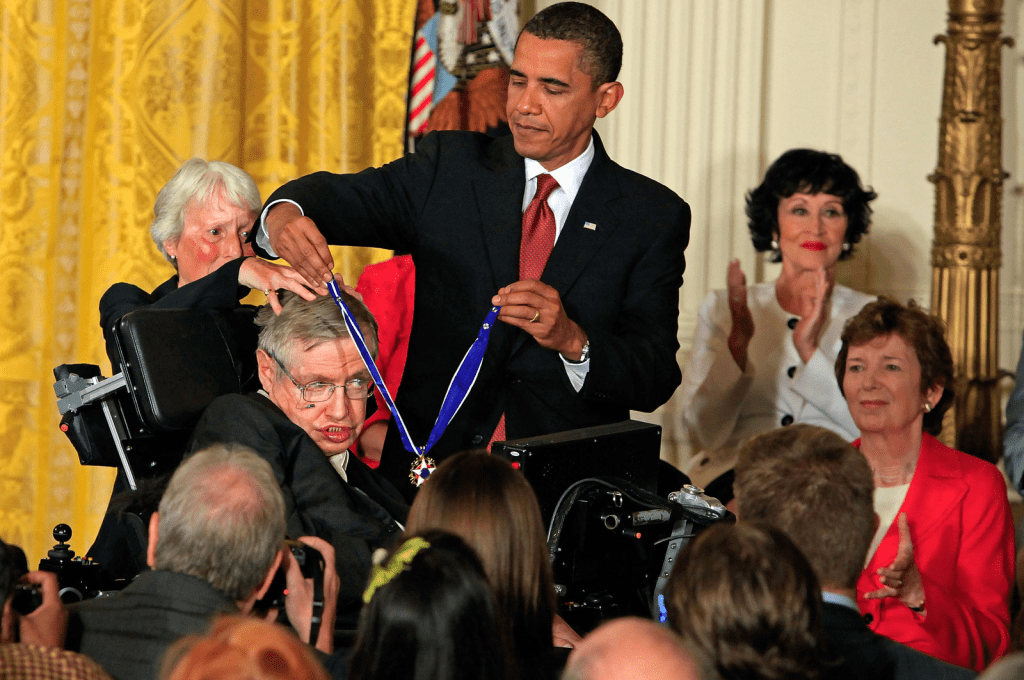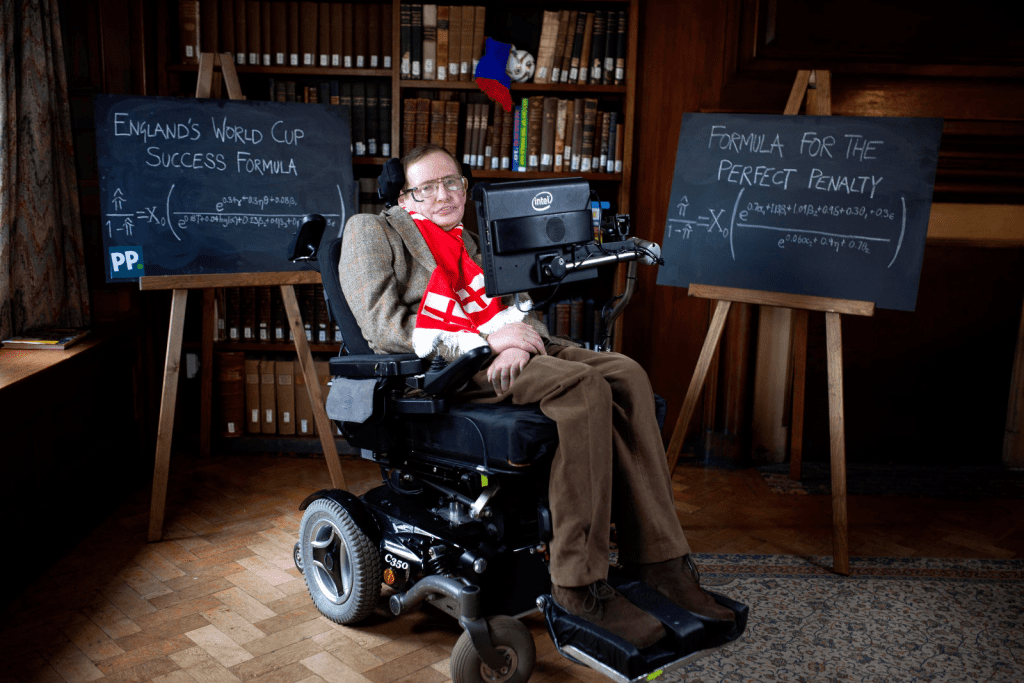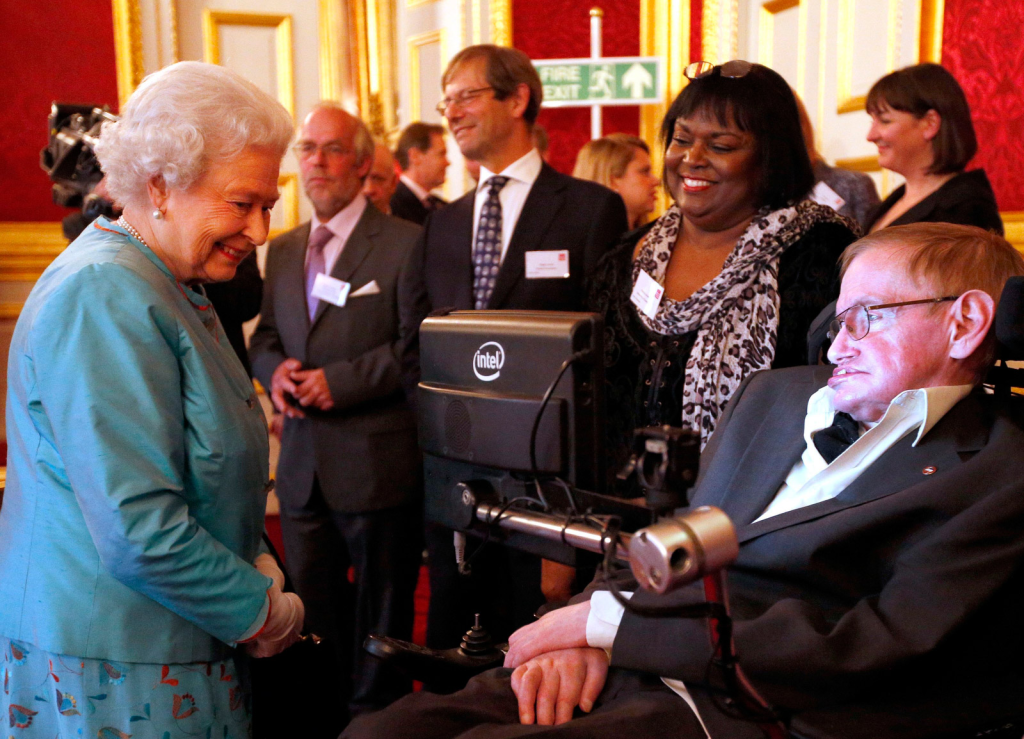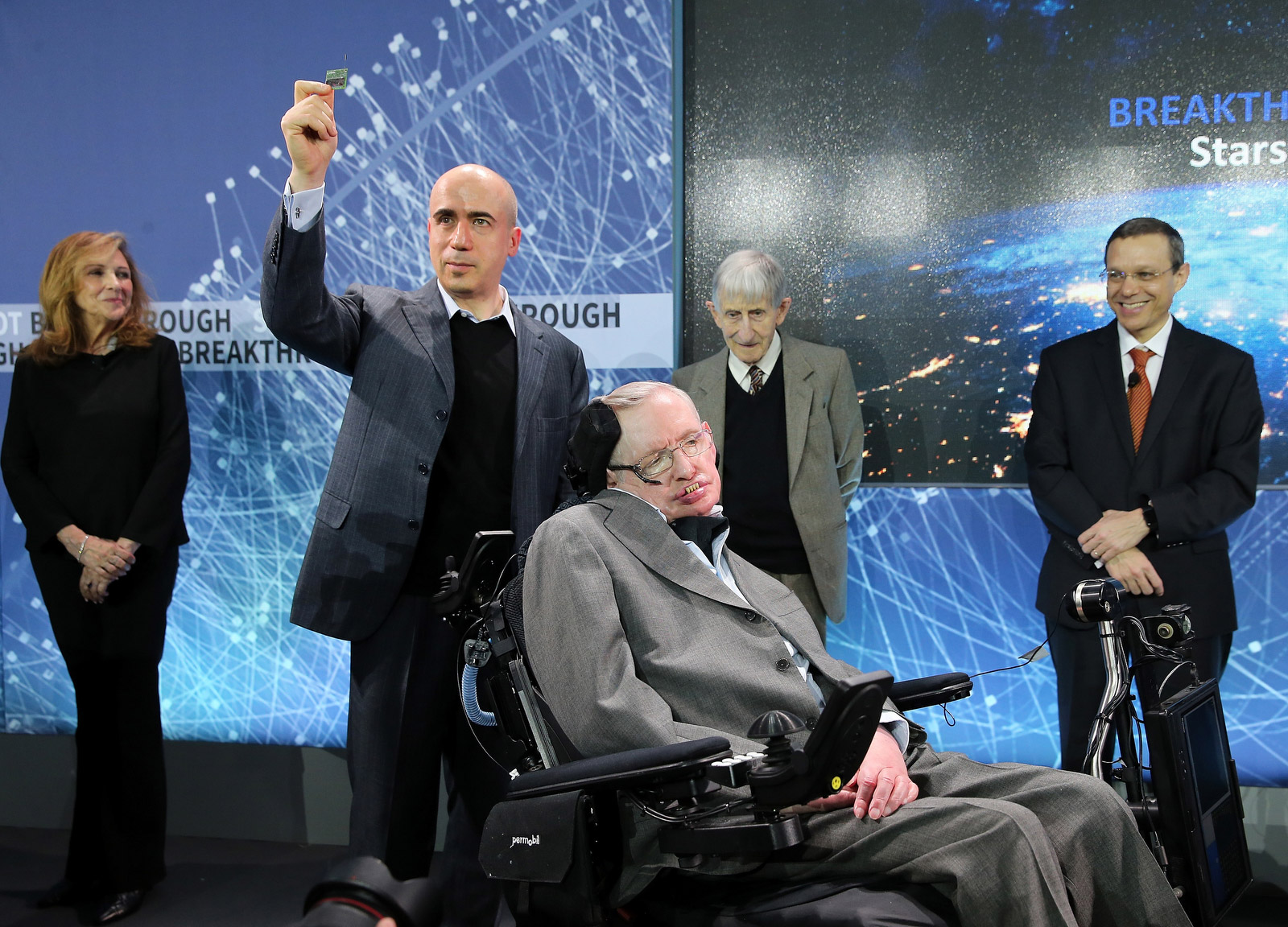A Meeting That Changed Everything
Soon after I began my graduate studies at Cambridge University in 1964, I met a fellow student two years ahead of me, unsteady on his feet and struggling to speak. This was Stephen Hawking. Recently diagnosed with a degenerative disease, doctors believed he might not live long enough to complete his PhD. Yet, against all odds, Hawking lived until March 14, 2018, passing away at the age of 76.
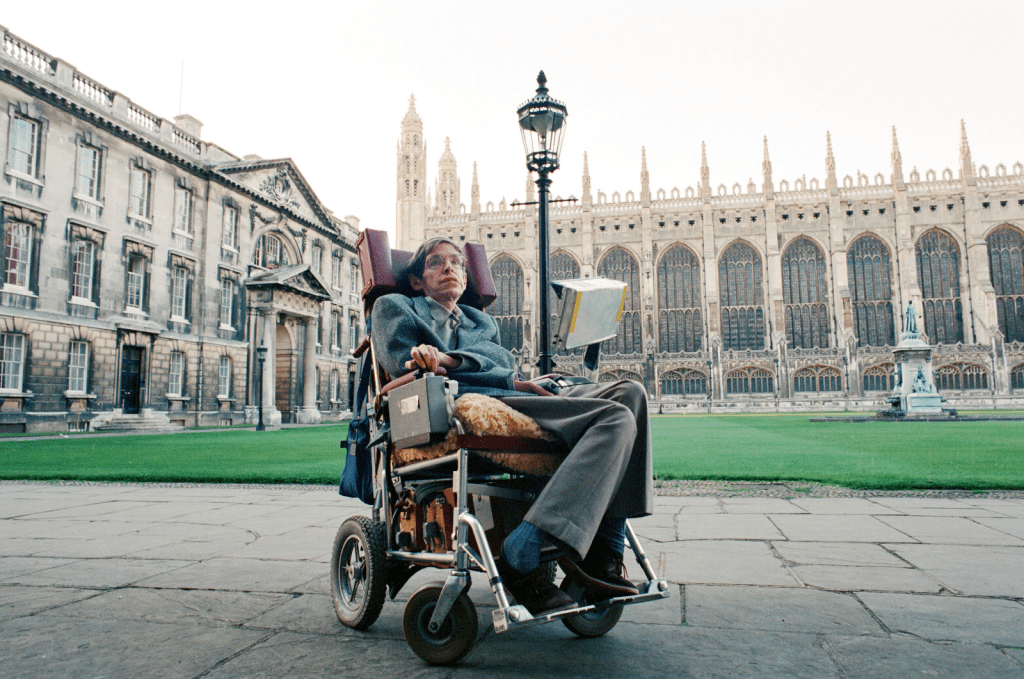
His survival was nothing short of miraculous. For astronomers accustomed to thinking in vast numbers, the odds of such a life seemed astronomical. But Hawking didn’t merely survive, he became one of the world’s most celebrated scientists, known for his pioneering work in mathematical physics, bestselling books, and his astonishing victory over adversity.

A Brilliant but Laid-Back Student
At Oxford University, Hawking was surprisingly relaxed about his studies. Despite this, his exceptional intellect earned him a first-class degree in physics, paving the way for a research career at Cambridge.
As his illness progressed, he became wheelchair-bound and his speech deteriorated into a soft croak understood only by those close to him. Yet, fortune still favored him, he married Jane Wilde, a family friend who built a loving home for him and their three children.

Early Work and the Birth of Black Hole Theory
The Rise of Modern Cosmology
The 1960s were a thrilling time for astronomy and cosmology, the decade that brought growing evidence for black holes and the Big Bang. At Cambridge, Hawking was captivated by the new mathematical ideas introduced by Roger Penrose at University College London.
Using these concepts, Hawking demonstrated that the universe must have originated from a singularity, a point where all known physical laws break down. He also proved that a black hole’s event horizon could never decrease in area. Decades later, discoveries such as the 2016 detection of gravitational waves from colliding black holes confirmed many of his theories.
At just 32 years old, Hawking was elected to the Royal Society, Britain’s most prestigious scientific academy. Despite his frailty, this was only the beginning of his extraordinary ascent.

Hawking’s “Eureka Moment”
The Discovery That Shook Physics
In science, breakthroughs often emerge from connecting seemingly unrelated ideas. Hawking’s defining moment came when he linked quantum theory with gravity, predicting that black holes emit energy, now known as Hawking radiation.
Although this radiation is detectable only in very small black holes (which remain hypothetical), the concept revolutionized physics. It deeply influenced string theory, a framework for understanding the universe at its most fundamental level.
Theoretical physicist Andrew Strominger of Harvard University once said that Hawking’s paper “caused more sleepless nights among theoretical physicists than any paper in history.”
Hawking initially believed that information lost inside a black hole could never be recovered, a violation of physical law, but later changed his stance, fueling decades of debate.
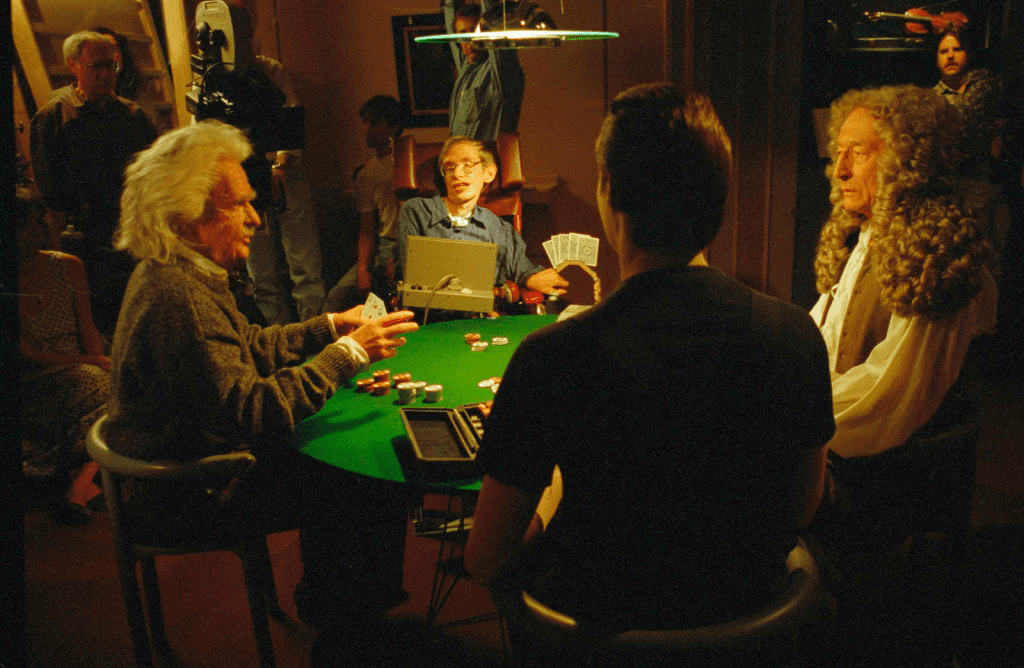
Exploring the Origins of the Universe
From the Very Small to the Very Large
Hawking continued to bridge the worlds of quantum mechanics and cosmology, exploring the origins of the universe and questions such as: “Was our Big Bang the only one?”
He was renowned for performing complex calculations entirely in his head, often guiding students to write equations on blackboards and suggesting what should come next. His work on cosmic inflation, the rapid expansion of the universe after the Big Bang, was groundbreaking.
Together with Russian theorist Viatcheslav Mukhanov, Hawking proposed that quantum fluctuations in the early universe were the seeds that eventually formed galaxies.
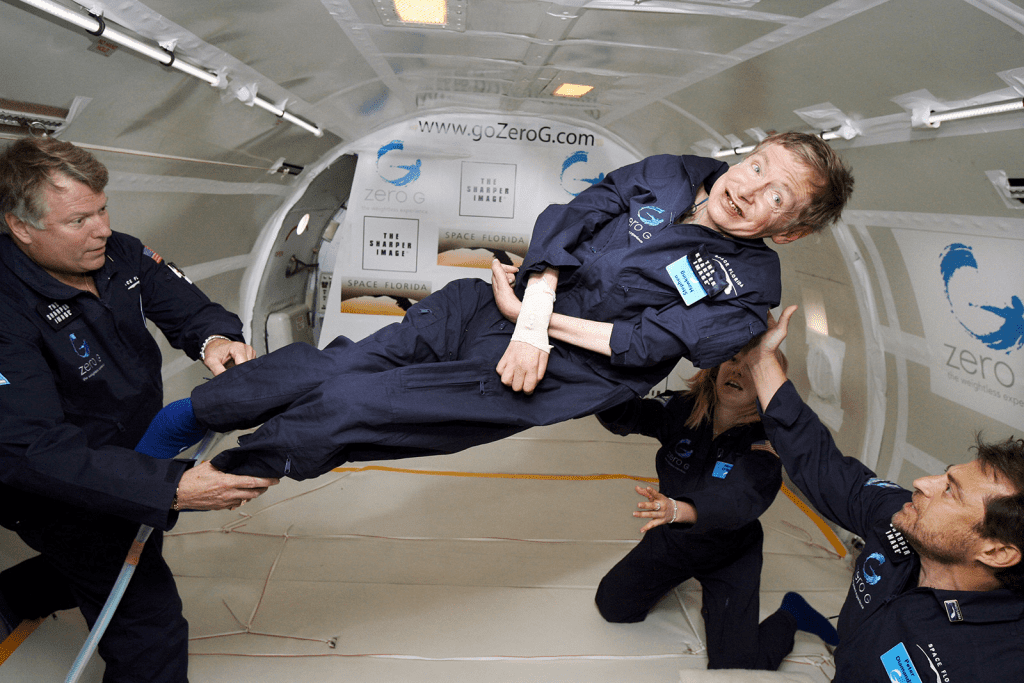
Declining Health, Enduring Spirit
Finding a Voice Through Technology
In 1987, Hawking contracted pneumonia and underwent a tracheotomy, which cost him his remaining speech. His only means of communication became a computer controlled by a hand-operated lever, producing the robotic American accent that became iconic.
Though conversation was slow, Hawking’s wit and wisdom remained sharp. Later, as his condition worsened, he lost even that limited control, making communication painfully difficult.
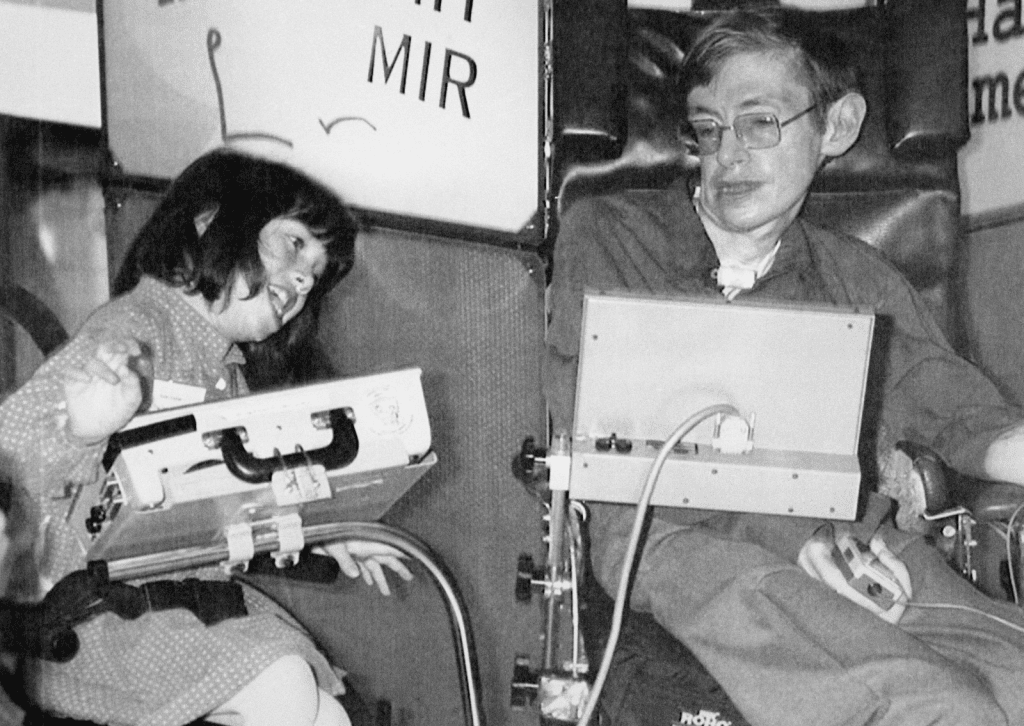
A Brief History of Time – and Global Fame
During his recovery, Hawking completed a rough draft of A Brief History of Time, hoping to explain his ideas to general readers and support his family. When the book was released, it became an instant sensation, selling millions of copies worldwide and turning Hawking into a global celebrity.
He appeared on TV shows from The Simpsons to The Big Bang Theory, captivating audiences with the image of a brilliant mind exploring the cosmos from a wheelchair.
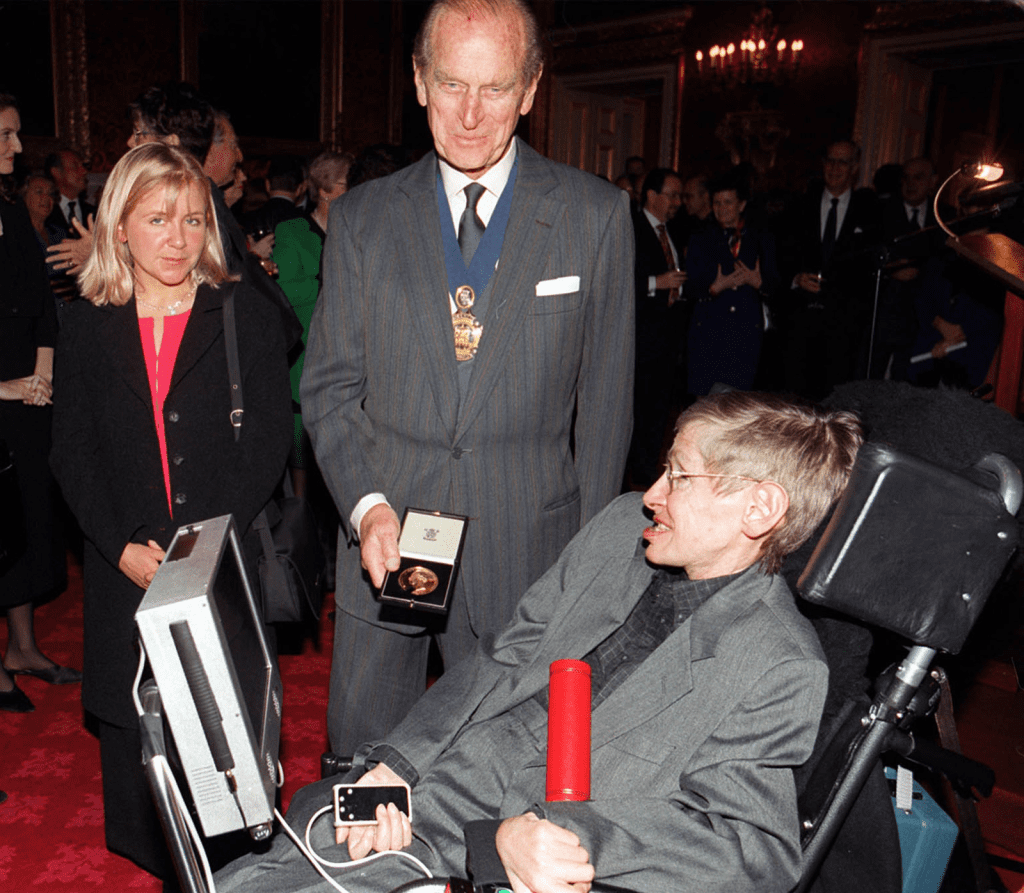
The Man Behind the Genius
Humanity, Humor, and Controversy
As depicted in the film The Theory of Everything, Hawking was far from a detached scientist. He was witty, grounded, and unafraid to express strong opinions on politics and the future of humanity.
However, his fame sometimes drew him into public debates outside his expertise, such as the risks of AI or contact with extraterrestrial life, often amplified by the media.
Despite this, his resilience and intellect inspired millions, proving that the human spirit can transcend the body’s limits.
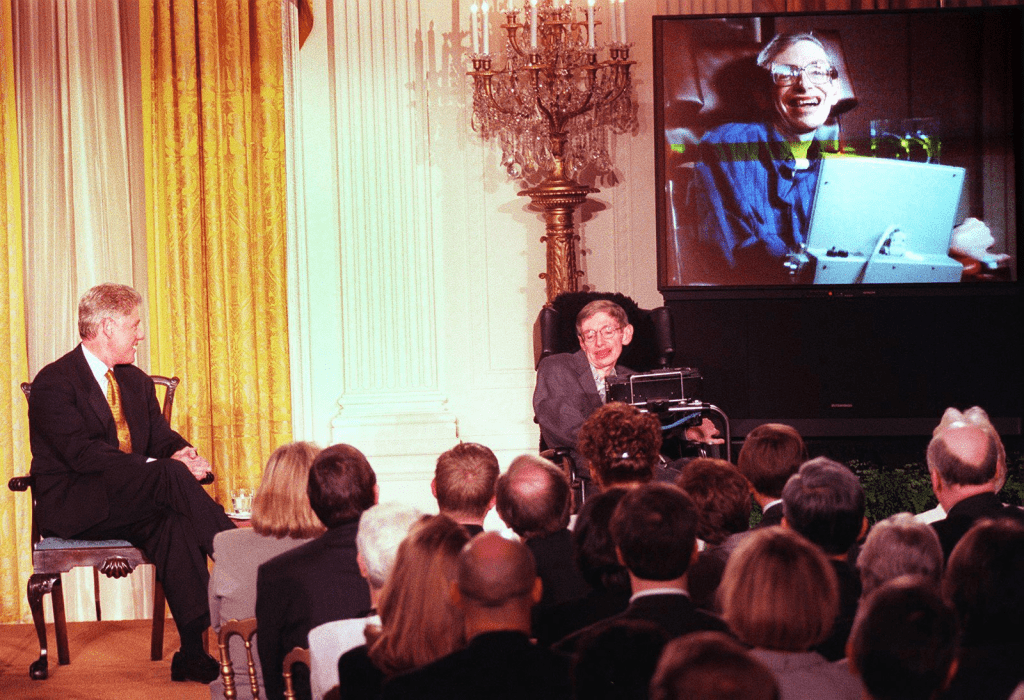
Legacy of a Cosmic Visionary
A Life Beyond the Odds
Struck by tragedy at 22, Hawking often said that everything after his diagnosis was a bonus, and what a bonus it was. His discoveries reshaped our understanding of the universe, while his courage redefined what it means to live fully.
Stephen Hawking’s name will forever shine in the history of science. His work expanded our cosmic horizons, and his life stands as a testament to willpower, genius, and unbreakable determination.
